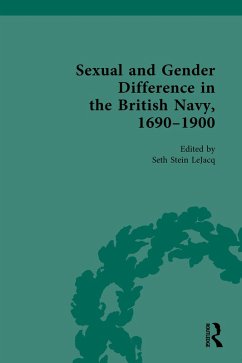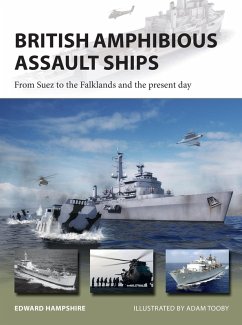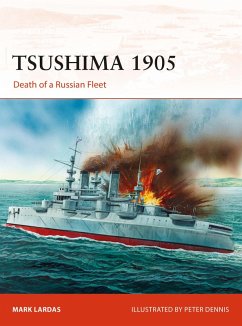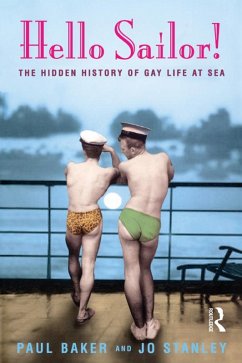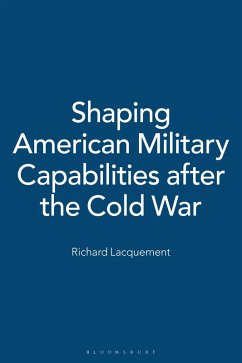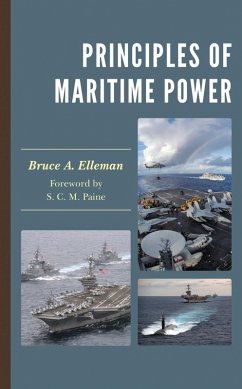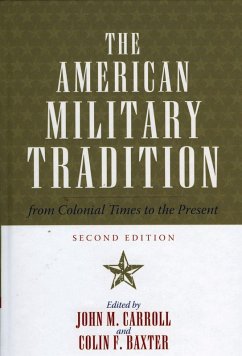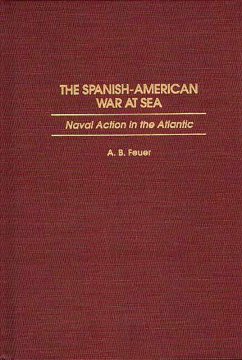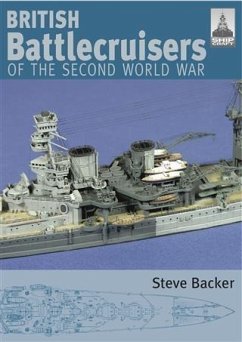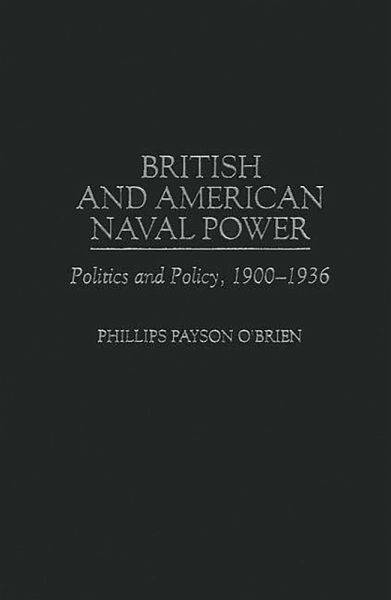
British and American Naval Power (eBook, PDF)
Politics and Policy, 1900-1936
Versandkostenfrei!
Sofort per Download lieferbar
79,95 €
inkl. MwSt.
Weitere Ausgaben:

PAYBACK Punkte
40 °P sammeln!
U.S. and British naval power developed in quite different ways in the early 20th century before the Second World War. This study compares, contrasts, and evaluates both British and American naval power as well as the politics that led to the development of each. Naval power was the single greatest manifestation of national power for both countries. Their armies were small and their air forces only existed for part of the period covered. For Great Britain, naval power was vital to her very existence, and for the U.S., naval power was far and away the most effective tool the country could use to...
U.S. and British naval power developed in quite different ways in the early 20th century before the Second World War. This study compares, contrasts, and evaluates both British and American naval power as well as the politics that led to the development of each. Naval power was the single greatest manifestation of national power for both countries. Their armies were small and their air forces only existed for part of the period covered. For Great Britain, naval power was vital to her very existence, and for the U.S., naval power was far and away the most effective tool the country could use to exercise armed influence around the world. Therefore, the decisions made about the relative strengths of the two navies were in many ways the most important strategic choices the British and American governments ever made. An important book for military historians and those interested in the exercise and the extension of power.




